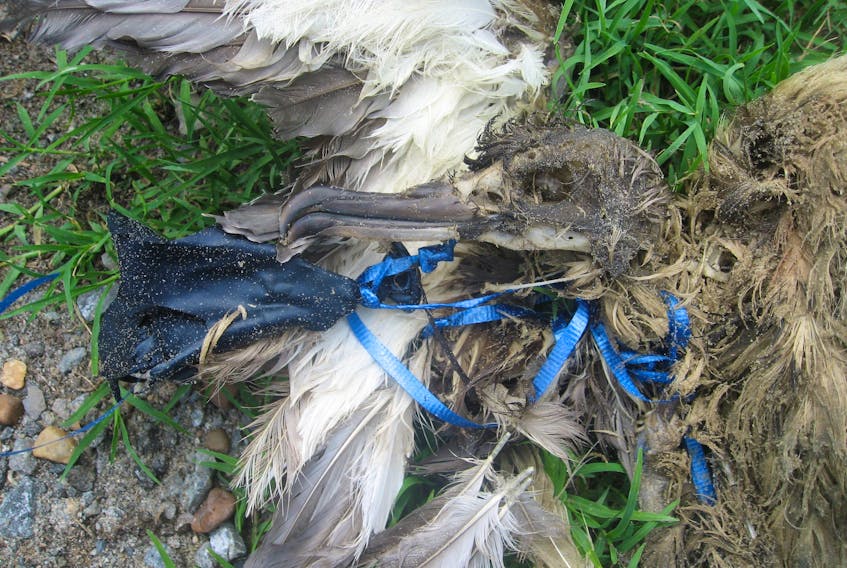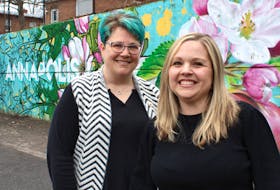“It’s in the beer we drink, it’s in the honey that we eat.”

Oceana Canada campaign director Kim Elmslie is referring to plastic.
“It’s this uninvited guest that has kind of infiltrated our lives,” she said.
The ocean conservation charity released a report this week called “Drowning in Plastic” which documents how Canada is contributing disproportionately to global plastic pollution.
The report said that as a country, we use 4.6-million metric tonnes of plastics every year. That works out to roughly 125 kilograms per person.
It also said Canada produces nine times more plastic waste per person than India, up to 3.6 times more than some countries in Southeast Asia and up to twice that of some Scandinavian countries.
The report had similar findings to a study released in September that looked at plastic pollution solely in Newfoundland and Labrador.
That study found that much of the plastic along the province’s coasts originate right here. One of the authors of that study, Max Liboiron, an associate professor of geography at Memorial University, said that was “a shock” because most other places in the world see other people’s plastic washing ashore.
That’s why it’s often referred to as a global problem, but what both of these reports highlight is that here in this province, and in this country, we are responsible.
Oceana Canada is calling on the federal government to deliver on its commitment to ban all unnecessary single-use plastics by 2021.
The organization is also asking municipalities, public institutions and businesses to provide plastic-free options for consumers.
It’s asking governments and businesses to support policies and infrastructure to reuse plastics, including refilling beverage containers.
Plastic bags banned in N.L., P.E.I.; N.S. next

The report comes out at an interesting time for Newfoundland and Labrador, which implemented its plastic retail bag ban today.
The province is second in the country to implement such a ban, following Prince Edward Island. Nova Scotia has passed similar legislation, but it has not yet been implemented.
Elmslie said government bans are “a great place to start,” but Oceana Canada is encouraging corporate leadership in phasing out use of plastics and offering consumers plastic-free choices, as well as asking governments at all levels to eliminate plastic in procurement.
She said much of the plastic people throw away is packaging, so a ban on plastic packaging would go further in addressing pollution.
“It’s very hard as an individual to live a plastic-free life. And we’re starting to see a growing movement towards that, but it’s incredibly challenging because often the only choice that we have is something plastic,” she said, arguing that shifting responsibility to consumers doesn’t do enough to address the problem.
“This problem hasn’t been around forever, so although plastics production is expected to grow, we have a real opportunity right now to stop that, and to change the future trajectory of plastic.”









